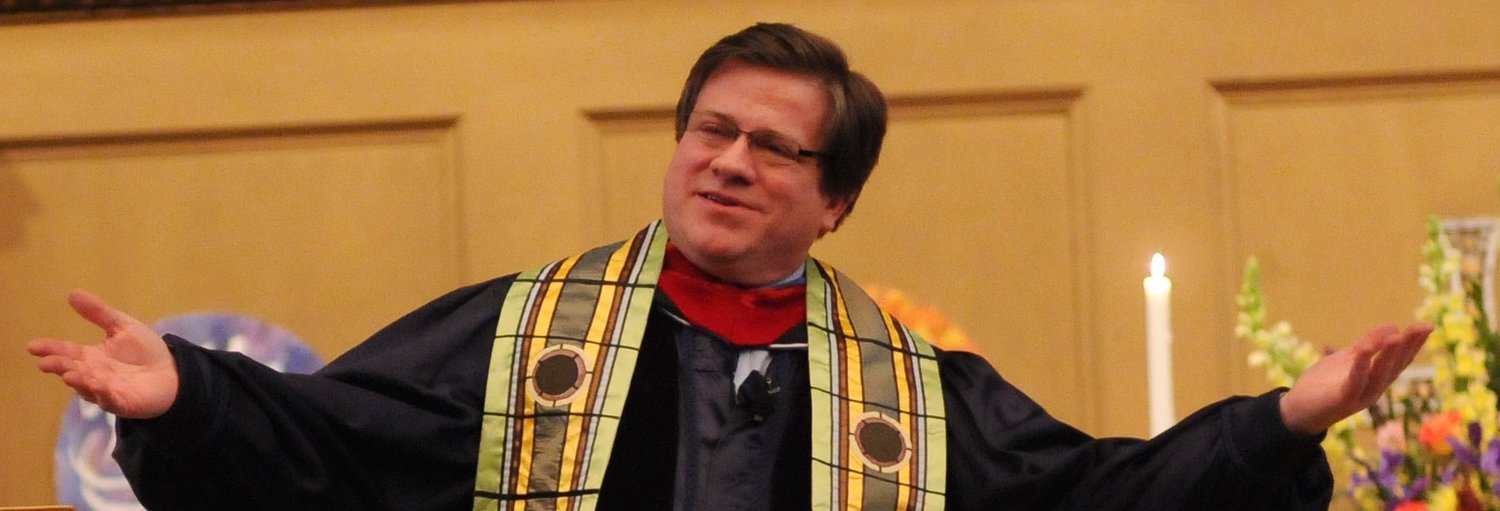Outstretched Wings of the Spirit--Day Thirty-one
The Thirty-first Day
(Friday, April 5, 2019)
Cooperative Worship
“In the public worship which we here have in mind we gather together to help one another find God each for oneself and one's own way. As a group we try to cooperate with each to help all make that adjustment which is most helpful to them personally. Hence public worship of this sort is a method of private religious living even though it might be a group worshiping together. This kind of public worship might be called cooperative worship as distinguished from collective worship.
“In collective worship conducted by a crowd the chief end is to produce the emotional glow and satisfaction that comes from feeling that we are all together and having the same experience. Each member of the crowd is brought to a state of acute suggestibility by the interacting of many individuals of one another so that any thought of feeling suggested by the leader is transmitted to everyone in the crowd and is tremendously intensified by the stimulus of many people interacting on one another and having the same experience.
“The kind of public worship we now wish to consider, on the other hand, is that in which each individual member conducts his or her own personal worship under the stimulus and cooperation of the group. All do not have the same thoughts. Each does not passively yield to the sentiments that sweep over the crowd. On the contrary each exercises his or her own initiative and seeks out that personal adjustment to God which will help most. Public worship of this kind is a gathering of people who have come together to provide for one another those conditions which one cannot provide for oneself but which are most helpful in enabling us to worship according to the unique requirements of our own personal need.
“In public worship of the cooperative deliberative type all members of the congregation (ideally) cooperate with each individual in each personal endeavor to worship by providing (1) beauty in such form that it can be religiously experience, (2) rituals, prayers and readings which will enable the individual to achieve an appreciative and critical survey of human experience in widest scope and fullest content, (3) a readjustment of personal attitude to the end of living more successfully.” (Wieman & Wieman)
As one gains the ability to pray and worship in solitude, one may wonder whether worshiping together with others in Church or Synagogue is really necessary. It is! We need the friendly fellowship of others known to us, and we need the mentally-stimulating debate of important questions that a loving trusting fellowship makes possible. “Another Sunday in the Church” or Sabbath in the Synagogue should be the high point of our week. (Donald Szantho Harrington)
Prayer
Steadfast God, You visit us in our aloneness but we express You best in our togetherness. Dedicate us to the upbuilding of that quality of fellowship which is a true expression of Your being. Amen.
Hymn
Forward through the ages, in unbroken line,
Move the faithful spirits at the call divine:
Gifts in differing measure, hearts of one accord,
Manifold the service, one of the sure reward.
Forward through the ages, in unbroken line,
Move the faithful spirits at the call divine.
Wider grows God’s city, reign of love and light;
For it we must labor, till our faith is sight.
Prophets have proclaimed it, martyrs testified,
Poets sung its glory, heroes for it died.
Forward through the ages, in unbroken line,
Move the faithful spirits at the call divine.
Not alone we conquer, not alone we fall;
In the each loss or triumph lose or triumph all.
Bound by God’s far purpose in the one living whole,
Move we on together to the shining goal!
Forward through the ages, in unbroken line,
Move the faithful spirits at the call divine.
—Frederick Lucian Hosmer (Hymns of the Spirit, no. 329)
Hymns for the Celebration of Life, no. 215)
Donald Szantho Harrington wrote the Lenten meditation manual Outstretched Wings of the Spirit: On Being Intelligently and Devotedly Religiousbased on the theology of Henry Nelson Wieman and Regina Westcott Wieman. It was published by the Unitarian Universalist Association in 1980.
